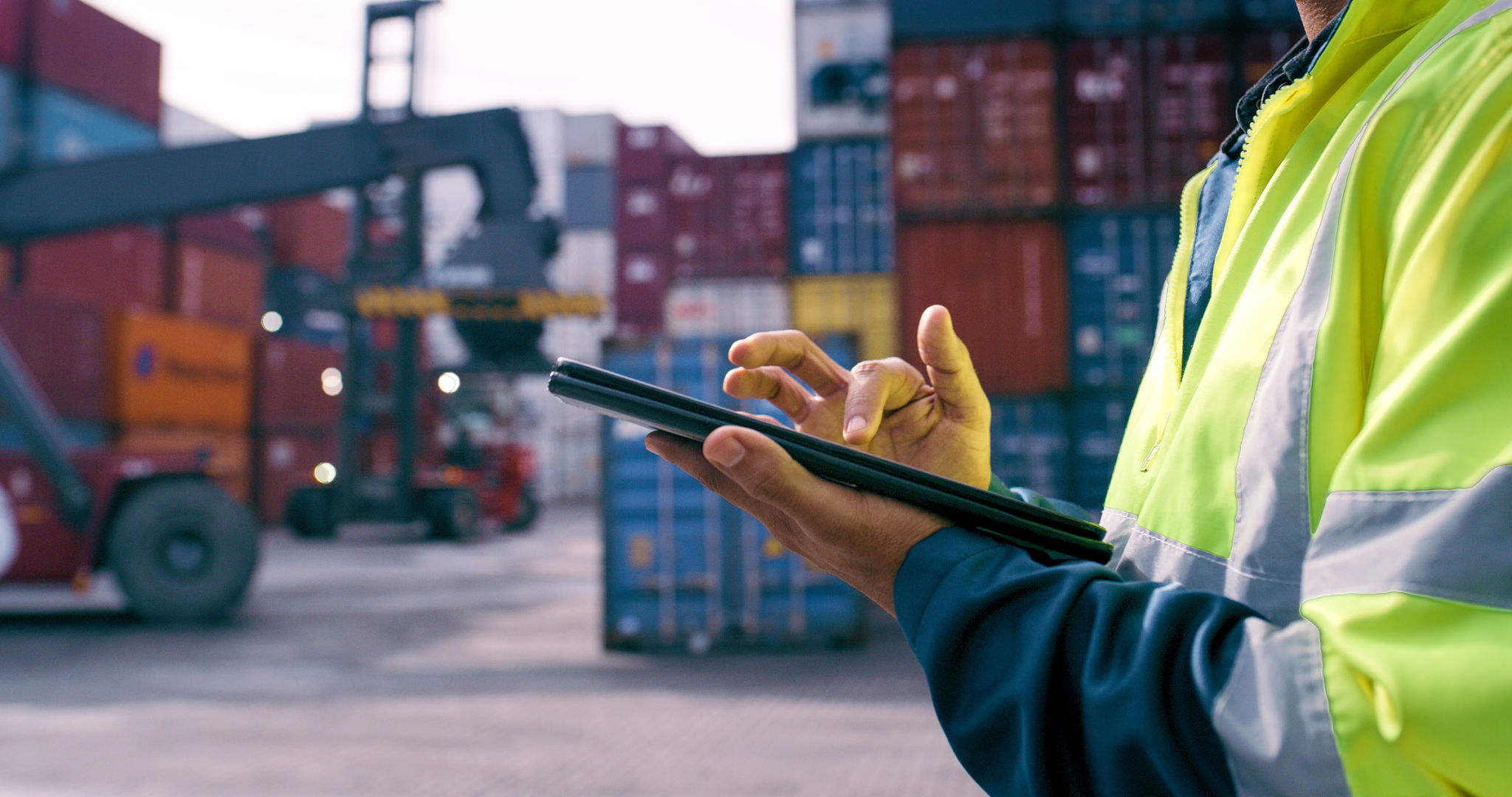Dispelling Myths About Logistics Dispatch: What Truckers Should Know
Understanding the Role of Logistics Dispatch
Logistics dispatch is often misunderstood, leading to several myths that can affect the perception of this critical component in the trucking industry. At its core, logistics dispatch involves the coordination of trucks and drivers to ensure timely and efficient delivery of goods. It requires meticulous planning and real-time decision-making to tackle challenges like traffic, weather conditions, and route optimization.
For truckers, understanding the intricacies of logistics dispatch can significantly improve their daily operations and job satisfaction. Dispelling common myths can empower truckers with the knowledge to work more effectively with dispatchers.

Myth: Dispatchers Micromanage Truckers
One prevalent misconception is that dispatchers are constantly micromanaging truckers. In reality, dispatchers aim to support drivers by providing crucial information and updates that facilitate smoother journeys. Effective communication is key, as it ensures both parties are on the same page regarding schedules, routes, and any unforeseen changes.
Truckers should see dispatchers as allies rather than overseers. Dispatchers are there to assist with problem-solving and to offer guidance when needed, not to dictate every move. Building a strong working relationship with dispatchers can lead to a more efficient and stress-free work environment.
Tips for Enhancing Communication
- Maintain regular communication through agreed-upon channels.
- Be proactive in reporting issues or delays.
- Offer feedback on dispatch instructions to improve future operations.

Myth: Technology Eliminates the Need for Human Dispatchers
With advancements in technology, there's a belief that human dispatchers will become obsolete. While technology plays a significant role in modern logistics, it cannot replace the human touch. Dispatchers bring critical thinking and empathy to the table—qualities that technology alone cannot replicate.
For instance, when unforeseen events occur, such as accidents or severe weather, dispatchers can use their judgment to make quick decisions that technology might not be equipped to handle. They can also provide personalized support and encouragement, which is invaluable to truckers facing a challenging day on the road.
The Synergy of Technology and Human Dispatch
Leveraging technology enhances the capabilities of human dispatchers rather than replaces them. Tools like GPS tracking and route optimization software allow dispatchers to make more informed decisions and provide better support for truckers.

Myth: Dispatchers Don't Understand the Challenges Truckers Face
Another common myth is that dispatchers are disconnected from the realities truckers face on the road. While it's true that dispatchers are office-based, many have previous experience in driving or have undergone extensive training to understand trucker challenges.
The best companies ensure that their dispatch teams are well-versed in trucking demands through training sessions or ride-along experiences. This helps them empathize with drivers and tailor their support accordingly.
Building Trust Between Truckers and Dispatchers
- Encourage open dialogue about road challenges and experiences.
- Participate in joint training sessions to broaden understanding.
- Create feedback loops to continuously improve dispatcher-trucker collaboration.
Dispelling myths about logistics dispatch is crucial for truckers to navigate their roles more effectively. By understanding the true nature of dispatch work and fostering a collaborative relationship with dispatchers, truckers can enhance their efficiency and enjoy a more rewarding career on the road.
